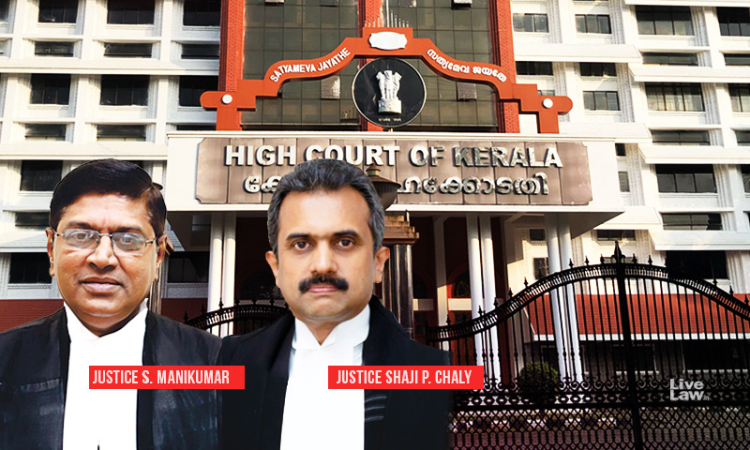Election To Board Of Directors In Banking Company A Private Affair; Writ Not Maintainable: Kerala High Court
Navya Benny
26 Oct 2022 3:30 PM IST

Next Story
26 Oct 2022 3:30 PM IST
The Kerala High Court on Tuesday held that writ petitions cannot be instituted against the matter of rejection of nomination for election to the post of Director in the Board of a private banking company. The Division Bench comprising Chief Justice S. Manikumar and Justice Shaji P. Chaly while in appellate jurisdiction found that the writ petitions before the Single Judge were not...
